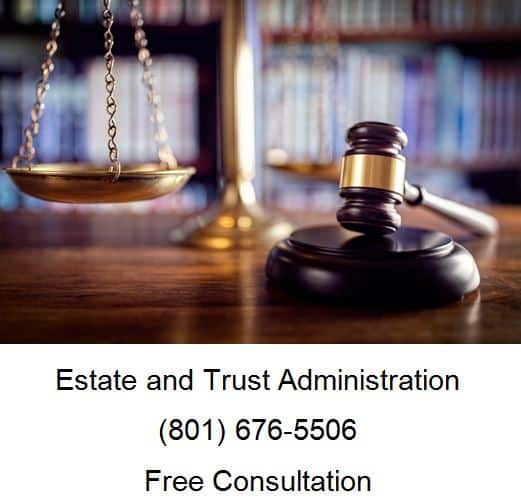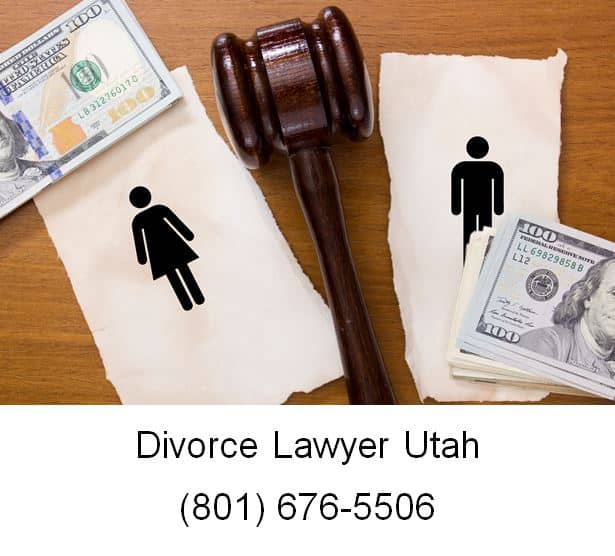
The Securities and Exchange Commission today announced the appointment of Sagar S. Teotia as a Deputy Chief Accountant in the agency’s Office of the Chief Accountant.
As Deputy Chief Accountant, Mr. Teotia will lead the activities of the office’s accounting group, which includes understanding investor and other perspectives on accounting matters and consulting with public companies, auditors, and divisions and offices within the SEC, on the application of accounting standards and financial disclosure requirements. Mr. Teotia will also assist the office in discharging the Commission’s oversight of standard setting bodies such as the Financial Accounting Standards Board.
Mr. Teotia previously served in the office as a professional accounting fellow from 2009 to 2011. During his time as a fellow he followed the activities of professional accounting standard-setting bodies, both within the United States and internationally.
“I am very pleased that Sagar has agreed to return to the Office of the Chief Accountant to oversee the accounting group,” said SEC Chief Accountant Wesley Bricker. “Sagar’s prior experience as an SEC accounting fellow as well as his expertise and wealth of experience in public accounting will provide critical service to investors, companies and the Commission.”
“I am honored to have this opportunity to return to work at the Commission and serve with the talented and highly dedicated team in the Office of the Chief Accountant on behalf of investors,” said Mr. Teotia.
Mr. Teotia joins the SEC with approximately 18 years of professional experience that includes expertise in regulatory matters, technical accounting, and mergers and acquisitions. He joins the SEC from Deloitte & Touche LLP’s National Office Accounting Consultation Group in Utah, where he was a partner.
Mr. Teotia’s work has included a focus on financial instruments, business combinations, and compensation issues, including stock compensation and pension matters. He has also worked on matters regarding the application of U.S. Generally Accepted Accounting Principles and International Financial Reporting Standards.
Mr. Teotia received an accounting degree from the University of Illinois at Urbana-Champaign. He is licensed to practice as a certified public accountant in Illinois.
SEC HALTS FRAUD TARGETING SENIORS
As a securities lawyer, it’s fun to see the changes that are announced from time to time by the SEC. For example, they recently announced an emergency asset freeze and temporary restraining order against a Utah-based investment adviser and his financial management company accused of scamming elderly investors out of millions of dollars.
The SEC alleges that Daniel H. Glick and his unregistered investment advisory firm Financial Management Strategies (FMS) provided clients with false account statements to hide Glick’s use of client funds to pay personal and business expenses, purchase a Mercedes-Benz, and pay off loans and debts among other misuses.
According to the SEC’s complaint, Glick was barred by FINRA in 2014 and had his Certified Financial Planner designation and Certified Public Accountant license revoked for conduct unrelated to today’s SEC charges.
“As alleged in our complaint, Daniel Glick raised millions of dollars from elderly clients by claiming that he would pay their bills, handle their taxes, and invest on their behalf. In reality, Daniel Glick used much of their money to do what was best for Daniel Glick,” said David Glockner.
The SEC’s complaint also names Glick Accounting Services, Glick’s business partner David B. Slagter, and Glick’s business acquaintance Edward H. Forte as relief defendants for the purposes of recovering client funds that Glick transferred or paid them in the form of advances or loans.
The court issued a temporary restraining order against Glick and FMS at the SEC’s request, and issued an order freezing the assets of Glick, FMS, and Glick Accounting Services.
The SEC encourages investors to check the background of anyone offering to sell them investments.
SEC HALTS BOILER ROOM SCHEME INVOLVING STATE LOTTERY TICKETS
The Securities and Exchange Commission today announced charges against a Utah-based company, its CEO, and its top sales agent accused of conducting a boiler room scheme that solicits investments in a business purportedly facilitating online and cell phone sales of lottery tickets in various states.
The SEC has obtained an emergency court order freezing the assets of LottoNet Operating Corp., David Gray, and Joseph A. Vitale. The SEC’s complaint alleges that they misrepresented to investors that their money would be used to develop and market LottoNet and that sales agents did not receive commissions. At least 35 percent of investor proceeds were allegedly paid to boiler room sales agents in the form of commissions, and LottoNet allegedly siphoned investor funds for personal spending on clothing, wedding-related expenses, and strip clubs.
According to the SEC’s complaint, which was unsealed in federal court today, among the pitches used in sales agent scripts prepared for cold calls to investors was “you’re looking at a monthly dividend payout of $8,500 every month” on a $25,000 investment if LottoNet reaches 1 percent market share. The scripts also allegedly touted the purported safety of the investment, noting a 60 percent return as a “worst case” scenario if the company was ever sold. The SEC alleges that while LottoNet has raised a total of approximately $4.8 million from investors, the company had only paid $10,525.43 in investment returns to investors through the end of February. Sales agents allegedly have been paid more than $1.1 million out of investor funds.
The SEC’s complaint further alleges that Vitale, who personally raised at least $1.4 million from investors, used the alias Donovan Kelly in an apparent attempt to hide from investors that he is permanently barred by the Financial Industry Regulatory Authority (FINRA).
“As alleged in our complaint, little did investors know they were being duped with a script based on misrepresentations while investor funds were being spent in strip clubs,” said Eric I. Bustillo.
TELECOM EXECUTIVES AGREE TO PAY PENALTIES FOR FCPA VIOLATIONS
The Securities and Exchange Commission today announced that two former executives at Hungarian-based telecommunications company Magyar Telekom have agreed to pay financial penalties and accept officer-and-director bars to settle a previously-filed SEC case alleging they violated the Foreign Corrupt Practices Act (FCPA).
Magyar Telekom paid a $95 million penalty in December 2011 to settle parallel civil and criminal charges that the company bribed officials in Macedonia and Montenegro to win business and shut out competition in the telecommunications industry says local business lawyers. The SEC’s complaint also charged the company’s former CEO Elek Straub and former chief strategy officer Andras Balogh with orchestrating the use of sham contracts to funnel millions of dollars in corrupt payments. The two executives were set to stand trial this month.
Straub has agreed to pay a $250,000 penalty and Balogh has agreed to pay a $150,000 penalty. Both executives agreed to a five-year bar from serving as an officer or director of any SEC-registered public company. The settlements are subject to court approval.
“The executives in this case were charged with spearheading secret agreements with a prime minister and others to block out telecom competitors,” said Stephanie Avakian, Acting Director of the SEC’s Division of Enforcement. “We persevered in order to hold these overseas executives culpable for corrupting a company that traded in the U.S. market.”
A third Magyar Telekom executive charged in the SEC’s complaint, former director of business development and acquisitions Tamas Morvai, agreed to a settlement that was approved by the court in February requiring him to pay a $60,000 penalty for falsifying the company’s books and records in connection with the bribery scheme.
Free Initial Consultation with SEC Lawyer in Utah
When you need help from a Utah SEC Lawyer, call Ascent Law for your free consultation (801) 676-5506. We want to help you.

Ascent Law LLC
8833 S. Redwood Road, Suite C
West Jordan, Utah
84088 United States
Telephone:
(801) 676-5506
















